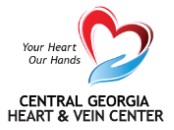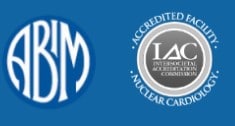What is Congestive Heart Failure?
Congestive Heart Failure (CHF) is when your heart can no longer pump blood adequately. CHF is not caused by one specific disease but can be the result of a variety of heart diseases that impair the strength of the heart. It is one of the most common outcomes of heart issues that go unchecked for too long. However, it does not mean that your heart has stopped altogether. It simply means, you heart, though beating, isn’t pumping blood enough to provide adequate circulation.
What are the symptoms of Congestive Heart Failure?
- Exhaustion or body fatigue
- Inability to exercise
- Trouble breathing or receiving a full breath
- Bodily Swelling in extremities
What is the cause of CHF?
There are many causes of Congestive Heart Failure. Any heart disease that is not properly managed can potentially result in CHF.
- Coronary Artery Disease is a disease that keeps enough blood from flowing back to the heart. This results in a lack of oxygen in the heart and slowly removes the needed nutrients from the heart muscle.
- Heart Attacks or Heart Episodes that result from the coronary artery being suddenly blocked and preventing the flow of blood to the heart. A heart attack does severe damage to the heart muscle resulting in scarred tissue on the heart.
- Any condition that overworks the heart. This can be high blood pressure, type 2 diabetes, kidney diseases, congenital heart defects, high cholesterol, stroke, and more.
How to diagnose CHF?
Upon visiting your cardiologist, a panel of tests will be run to determine your current heart health. Congestive Heart Failure can be diagnosed with the following:
- Blood tests
- Electrocardiogram (ECG)
- Echocardiogram
- Stress test
- Coronary angiogram
- Etc.
How to prevent Congestive Heart Failure?
Making healthy heart choices can make a big difference in preventing heart failure before it happens. First, get annual heart checkups if you are over the age of 50 or have a previous history of heart-related issues. Second, decrease your drinking and quit smoking as both can place unnecessary stress on your heart and arteries. Maintain a healthy diet and exercise. And consider losing weight if you are in an unhealthy range.





